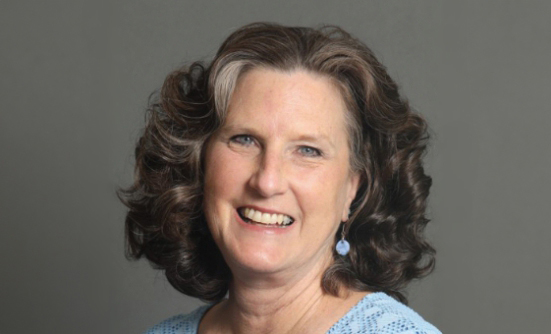Welcome to the June issue of CONQUER! Get ready to sit down, prop your feet up, and begin reading! This issue is packed with inspiration, wisdom, new knowledge, and good advice for patients undergoing cancer treatment, those who have completed treatment, and those with advanced cancer. Here are some highlights to help you select the articles to read first.
When someone is in active treatment and is unsure how this will turn out, it can be hard to focus on any positives. If you are able, I hope the article “The Gifts of Cancer” will help you to look at your cancer experience through a different lens that may identify the positive impact it has had on you, and perhaps also on your family.
A cancer diagnosis and treatment are hard to handle: I know, because I have walked the walk and talked the talk personally several times. Keeping your glass half-full instead of half-empty can benefit you during treatment and long after. Many of you may also relate to the touching story written by a mother who is a cancer survivor.
Our oncology nurse navigator provides new information about the connection between stress, inflammation, and cancer. After reading this article, I hope you will be motivated to do some yoga, meditation, and stress management. It’s never too late to take such steps to reduce your stress level and help prevent new cancers.
Also learn how to cope with common treatment side effects that affect your hair, skin, nails, teeth, and psychological well-being. I have a cartoon on my filing cabinet that shows a patient sitting across from his oncologist. The patient has antennae, winged ears, hoofed feet, and other oddities, and the caption quotes the doctor saying, “As you will recall, I did mention that there may be possible side effects.” That is indeed an understatement! However, most side effects are temporary: knowing what to expect and how to address these side effects can reduce their impact.
A side effect of treatment that impacts everyone but is not often discussed is financial toxicity. Increasingly, insurance companies are expecting patients to share the financial burden; this means bigger copayments, higher deductibles, and more expensive care. Read about some of the resources available to offset those expenses in an article written by an oncology nurse navigator.
If you completed your treatment, although friends and family may be applauding you, you may not feel like celebrating yet. You may not even feel you are a cancer survivor yet, although technically you were from the moment you were diagnosed. What’s the problem? People around you expect you to go back to normal—back to your precancer way of life and thinking. They don’t know that this has truly been a life-altering experience. You now need to redefine what is “normal” for you, decide how you will live your life going forward, and how to communicate these feelings to those who care about you. They aren’t you, and they don’t know what it feels like.
I remember one patient who was a financial accountant. She was a stickler for details; she got every spreadsheet perfect down to the last penny. However, after her cancer treatment, she told her boss, “Look, the numbers are close enough. I don’t feel like sweating the small stuff anymore.” Her boss didn’t understand. The final outcome? She moved to a new field of work, one that she had yearned to do since college. Now she is happy as an orthopedic nurse. Read the story about finding your new normal, and see if it resonates with you.
It’s early summer. That means the sunshine is finally back! It also means the increased risk for skin cancer is more concerning. Some people cast off skin cancer as not a true cancer. However, one type of skin cancer is melanoma, which has killed many patients. What lies beneath the skin’s surface can be deadly and far bigger than you can imagine. Read the articles about it.
An article in this issue discusses integrative medicine and complementary and alternative medicines. If you choose to add any therapies of your own, including vitamins, discuss them with your doctor first. Just because something is available over the counter doesn’t mean that it is safe to use during or after cancer treatment.
Finally, we would be remiss if we didn’t provide information for patients coping with advanced cancer. Palliative care and hospice care focus on the preservation of quality of life through symptom management and supporting patients in making decisions, including end-of-life decisions they should be making for themselves. This article provides insight into no longer looking at palliative care or hospice as the Grim Reaper.
Enjoy reading, and remember to thank your oncology navigator for bringing CONQUER to you.














